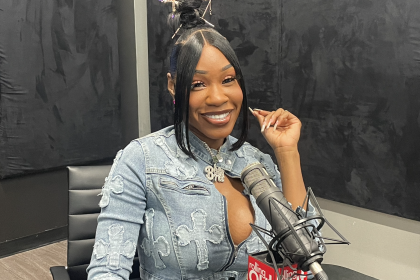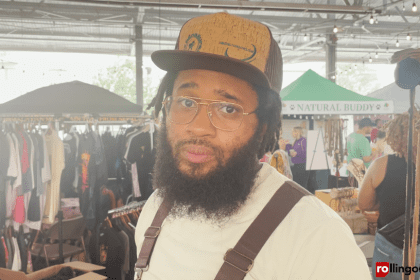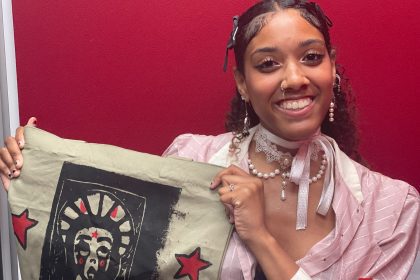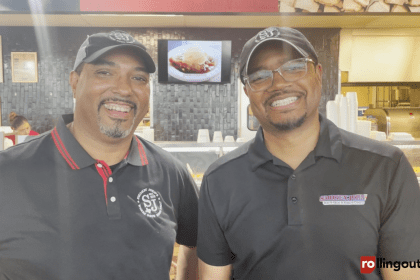Terri-Nichelle Bradley is the founder of Brown Toy Box and is a stakeholder at the Russell Innovation Center for Entrepreneurs. Bradley was one of the panelists at RICE discussing access to capital for small Black businesses and spoke with rolling out about finding trusted advisers to help elevate your business.
If you’re not in a position to get a loan from a bank, what are some alternatives that small businesses can use to get funding?
I think there are levels of banks. There’s community banking, but then there’s the community development financial institutions like Access to Capital for Entrepreneurs. That is where I got the bulk of my funding. I think there’s also looking at grants. And then a lot of entrepreneurs, their first thought is venture capital — which I always caution people against as your first tranche of capital, just because oftentimes, they’re just not ready. It takes so much equity just to get the first bit of funding.
How can people find trusted advisers and mentors to help with their business?
I am a LinkedIn queen. Most of my advisors are at the top of their industries, and I found most of them through LinkedIn. It wasn’t, “Hey, can I get 15 minutes for coffee?” It was making sure my profile was right and it was tight. Then reaching out to people and understanding first what they do, and then saying, “Hey, I’ve got a gap here in my business, this is what I’m trying to do. I see that you have expertise in this, would you help me? Would you take 30 minutes and talk with me?”
Typically, nine times out of 10, they say yes, but it’s always about doing that prep work on the front end before you just go out and say, “Hey, will you help me build my business?” That’s not what you do. [You have to] demonstrate that you’ve done the work that you need to do, and then make a very specific ask of what you need of those folks. I built my business and my relationships with a lot of those folks through LinkedIn.
What is one mistake entrepreneurs make when it comes to building their businesses?
When they go in for transactional relationships. Instead of going in for a long-term relationship, they go on and meet somebody, you shake their hand and you already have an ask. You may get that thing, but that’s all you’re gonna get. You have solidified that you want something from them; they’re gonna give it to you, and that’s a transaction. The thing that you want to really focus on is building relationships. Maybe you’ve got a gap in knowledge or you’ve got a gap in some other area and you want to really understand that. I’ve never met with one of my advisers and my mentors without saying, “Is there anything I can do for you?”
I think people forget that piece of it. It shouldn’t just be a one-way thing. If you’re always taking and never giving — people notice that. Whenever I’m on a call, or I’m talking to one of my mentors or advisers, or just doing a check-in to say, “Hey, how are you doing?” I’m never just calling with an ask, but I’m always saying “Is there anything that I can do for you, anybody I can introduce you to?” I think that that becomes something where you show them that you actually value them as a person and not just, like, a checkbook.

















